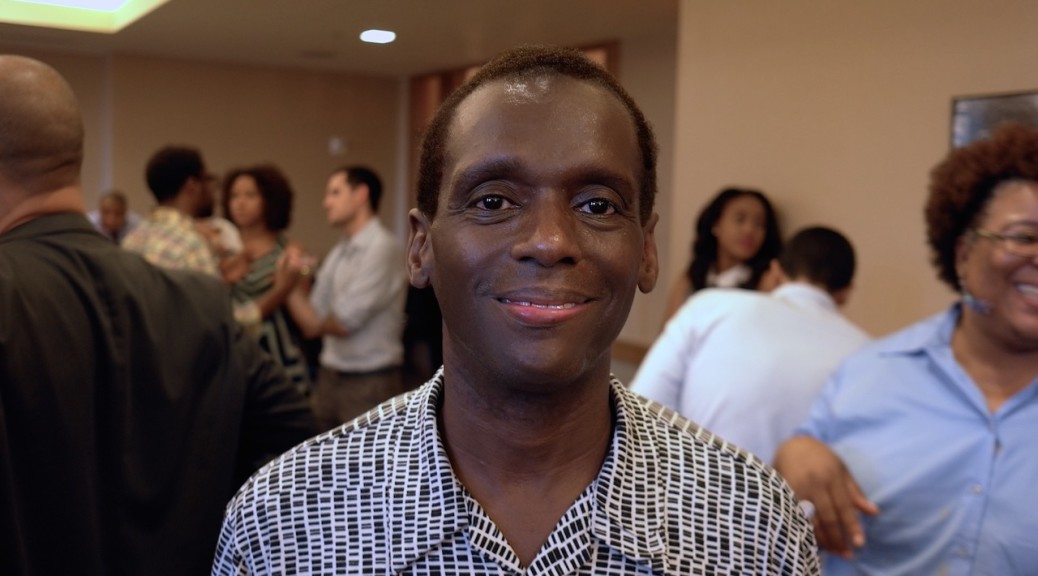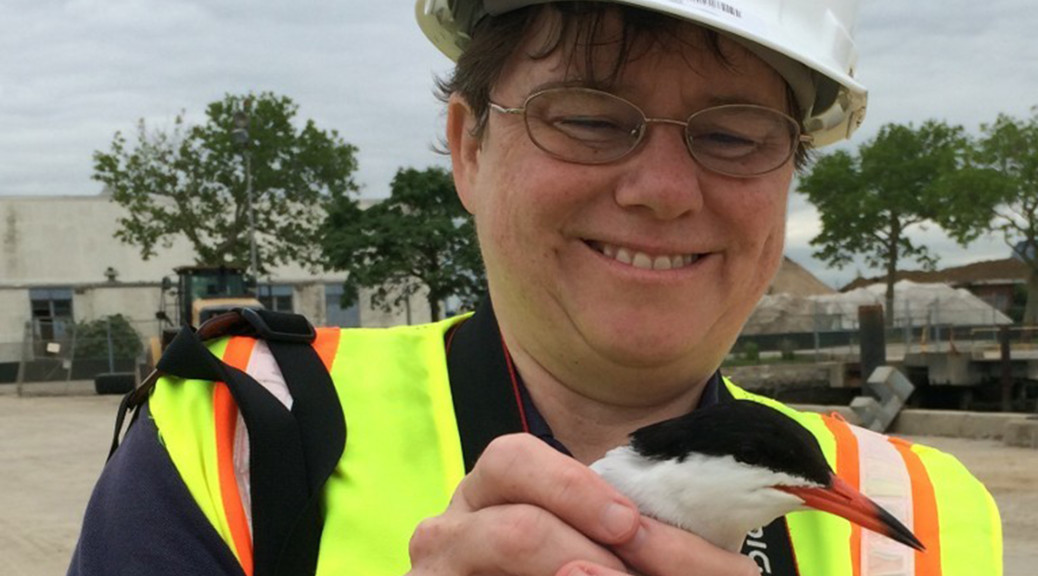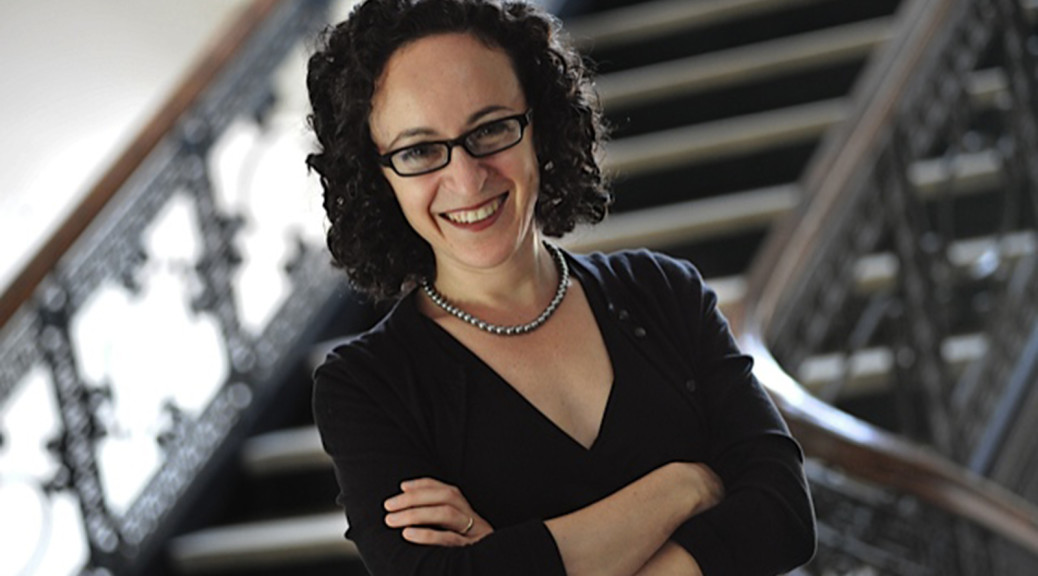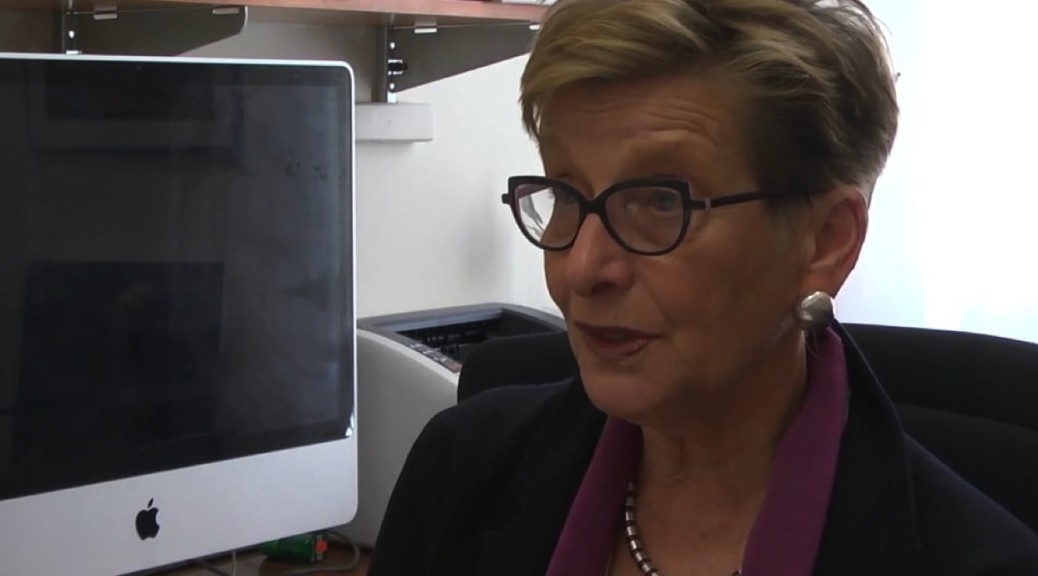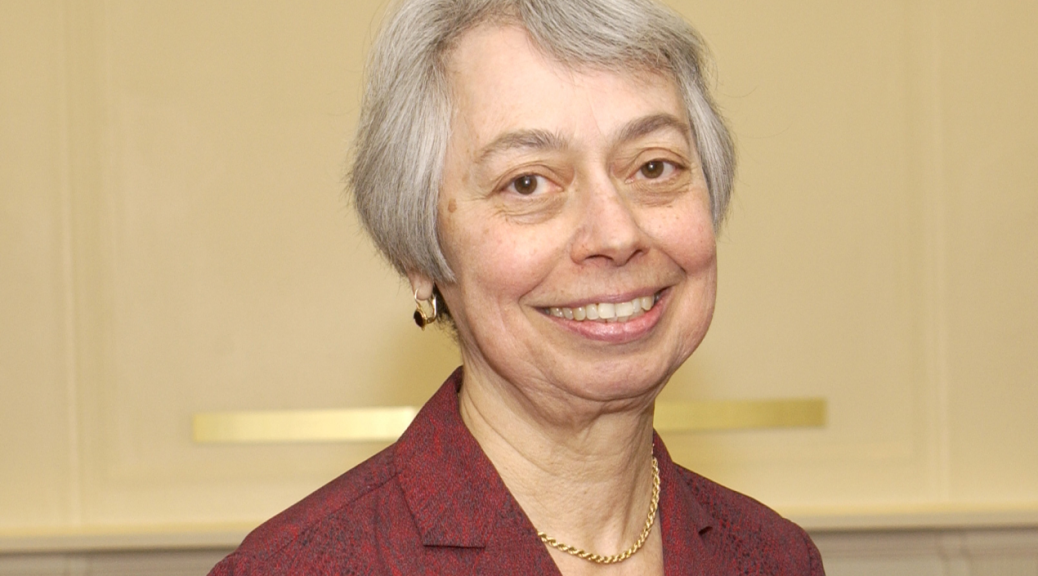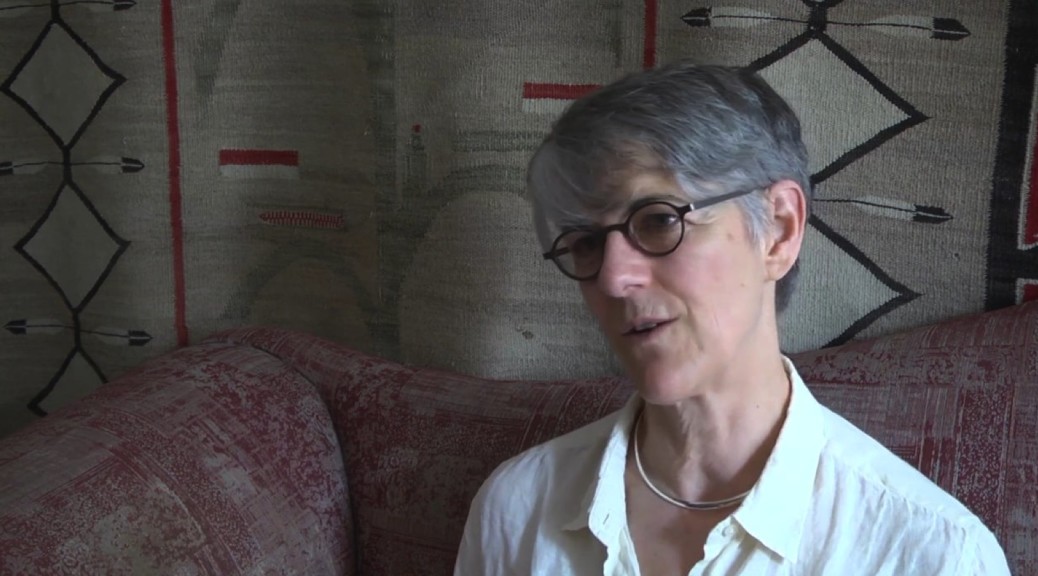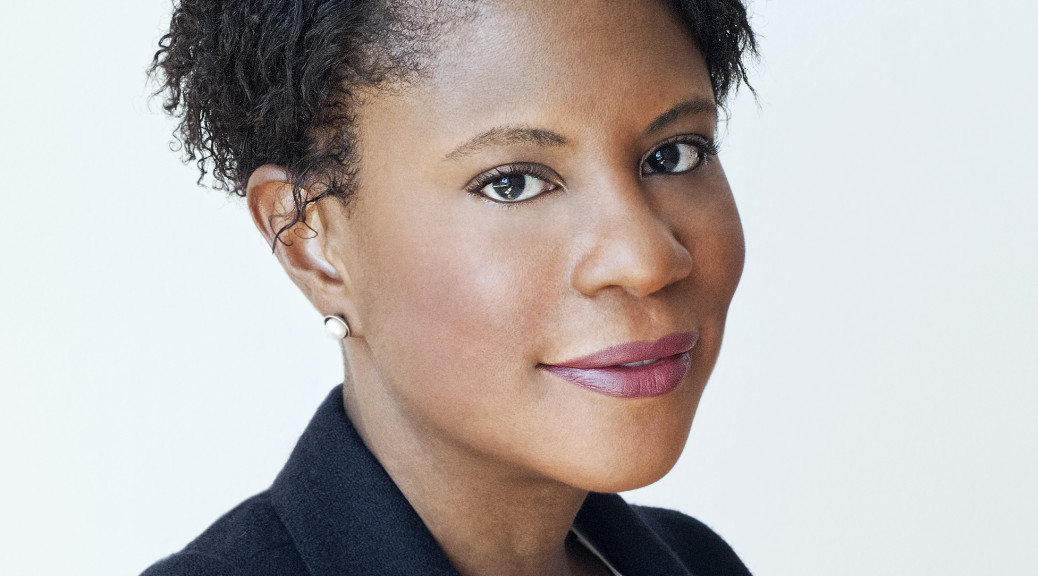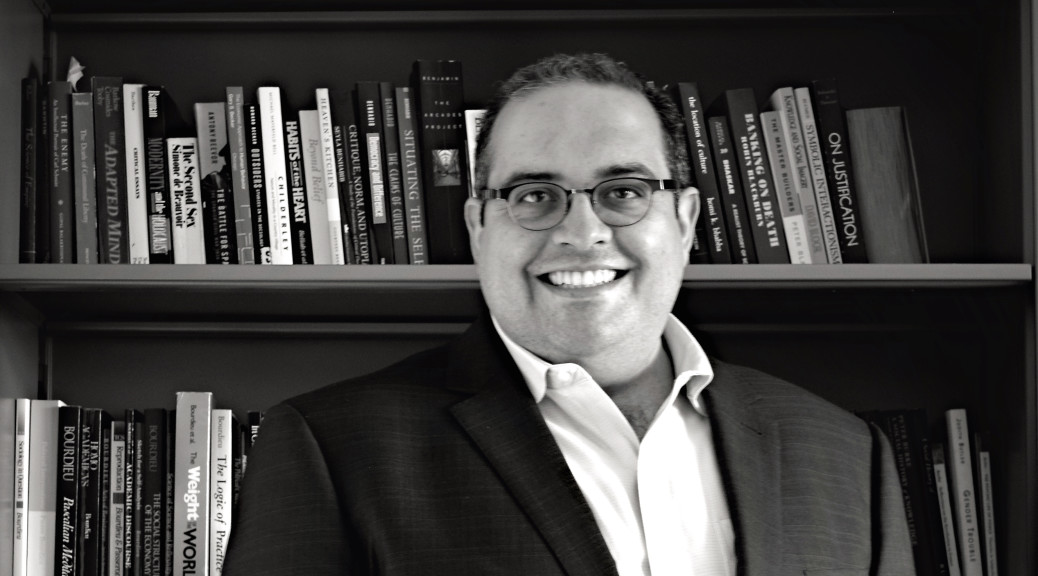LILA ABU-LUGHOD
Joseph L. Buttenwieser Professor of Social Science
IRWGS Core Faculty
IRWGS Director, 2004-07
I was very excited about the anthropology department because it was the biggest thing that had happened in anthropology in the country. We won’t go into the reality versus the fantasy, but I came. Then I was half in IRWAG, and it was very small. There were only two of us joint people, who had half of our teaching there. But I was amazed at this group of women faculty that I found here who were just so institutionally savvy, so committed to this project even though it was all volunteer time for them. Thinking about how to make it good. They wanted the highest standards, but recognizing Columbia’s limitations in terms of powerful departments. People had to really be wanted in their discipline. That’s the brilliance that they had, I think, that they wanted the departments to be totally invested in this hire, and so they involved them from the beginning. They wanted the senior person to be wanted in their department. As an anthropologist, I was somebody who would bring something. As a historian, what more could you want than Alice Kessler-Harris? That was their strategy. A lot of programs flounder because you get faculty that the departments don’t really want. It means that some people can’t be considered, like the kind of cutting edge of feminist studies, which is very interdisciplinary, or cultural studies, since the scholars don’t quite fit in departments. We couldn’t hire people like that at Columbia, so we’re all people who are very well respected in our disciplines but who also have some relationship to women’s studies and sexuality studies.
So I came here. That was very different world for me, and my work actually changed. I always tell the story that probably the article I am most famous for now is this little piece that was called “Do Muslim Women Really Need Saving?” It’s taught in University Writing and all over. It was for a teach-in that IRWAG did. Roz Morris was the director then. There was the invasion of Afghanistan after 9/11 and she organized what she called a Forum on War. Gayatri Spivak spoke, and Judith Butler and Cathy Lutz, and I can’t even remember who else. Roz asked me, and I said, “Oh, no. I work on Egypt. What do I know about Afghanistan?” She looked at me like, “You don’t have anything to say?” I felt so ashamed. I only spoke from my deep knowledge, and our knowledge is ethnographic and it’s very specific. I thought, “Well, I’m sure I have something to say.”
So I wrote this talk for that event, which was to me kind of like Middle East/Anthro 101. I put together all the pieces that I knew, and I thought through a few more issues and it was just—it ended up being in the book that I published last year called Do Muslim Women Need Saving? I feel like it was being in this context at IRWGS that actually broadened the kind of work that I did, taking it beyond anthropology, beyond Middle East studies. I had to think: how could I reach a different audience with what I knew, but really directed at feminist issues?


